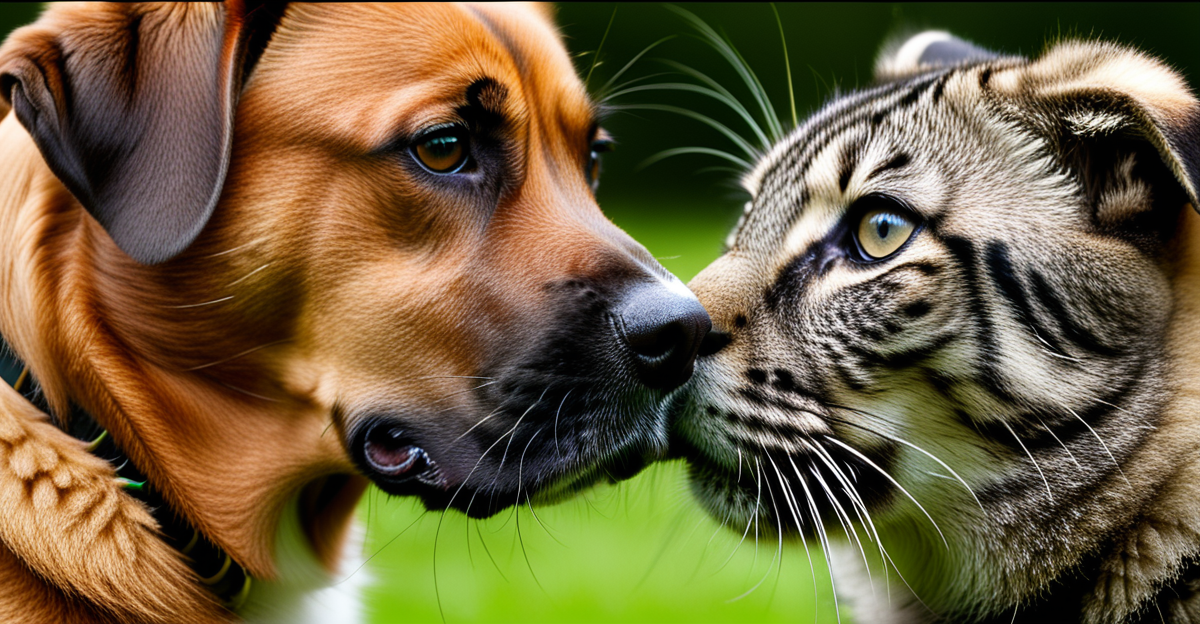Primary factors influencing exotic pet preference in the UK
Understanding the reasons for exotic pet ownership in the UK requires exploring how modern lifestyles and living environments shape pet choices. Many UK residents now live in urban flats or smaller homes where traditional pets like dogs might not be practical. Exotic pets, such as reptiles or small mammals, often require less space and can better adapt to varying housing conditions. This shift in UK pet trends reflects a growing preference for pets that align with restricted living spaces.
Allergen concerns also play a significant role. Traditional pets like cats and dogs can trigger allergies, which steers some individuals towards exotic animals less likely to cause allergic reactions. This health-driven motivation increases the appeal of species considered hypoallergenic or less intrusive, further boosting the exotic pet market.
In parallel : What Are the Top Tips for Traveling with Pets in the UK?
Social perceptions and the desire for uniqueness constitute another strong influence. Many UK pet owners are motivated by the appeal of standing out through rare or unusual animals, viewing these pets as conversation starters or personal statements. This psychological factor intertwines with broader trends where owning exotic pets enhances social identity and reflects evolving tastes beyond the typical pet experience.
In summary, the preference for exotic pets in the UK stems from a combination of lifestyle adaptations, health considerations, and social motivations. These drivers collectively shape why some opt for exotic pets over traditional ones, highlighting the dynamic nature of pet ownership in contemporary society.
Also read : How Can Pet Ownership Enhance Your Lifestyle in the UK?
Legal considerations and regulatory landscape
Navigating UK pet laws is crucial when considering exotic pet ownership. The UK has specific exotic pet regulations designed to ensure animal welfare and public safety. Certain species are legally classified as prohibited, meaning they cannot be owned without explicit authorization. Understanding these regulations is essential for prospective owners to comply with the law and avoid penalties.
Licensing requirements vary depending on the type of exotic pet. Some animals require owners to obtain permits, which often involve proof of proper housing, care knowledge, and adherence to welfare standards. These official processes help maintain responsible ownership and protect both the animals and the public from risks associated with inappropriate pet keeping.
The legal framework significantly influences pet selection. Owners may opt for legally permissible species over those heavily restricted or banned, shaping UK pet trends toward compliant animals. Overall, awareness of legal exotic pets UK provisions helps guide responsible choices, balancing personal desire with regulatory demands.
Social and psychological motivations
Social status plays a pivotal role in exotic pet ownership within the UK. Exotic pets often act as social status pets UK, serving as distinctive conversation starters that set owners apart. These animals symbolize uniqueness, helping individuals express identity beyond mainstream choices. The desire for a companion that captivates attention and sparks interest aligns with deeper psychological gratification, making rare animals appealing beyond practical considerations.
Psychological factors influencing pet choice extend to the satisfaction owners derive from nurturing a rare or unusual animal. This connection fosters a sense of accomplishment and exclusivity. People seeking unique pet appeal may also experience enhanced self-esteem and social recognition, reinforcing the bond with their exotic companions.
Community and social media amplify these motivations. Online platforms expose potential owners to diverse exotic species, fueling curiosity and shaping preferences through shared experiences and peer validation. This digital interaction highlights the growing role of social influence in shaping UK pet trends, encouraging the selection of exotic pets that align with trendy or prestigious images.
Comparative analysis: Exotic vs traditional pet ownership
Understanding the differences between exotic vs traditional pets in the UK highlights why owners choose certain animals. One key aspect involves the health and care demands associated with each type. Traditional pets such as dogs and cats typically require regular exercise, vet visits, and social interaction, which can be time-intensive. In contrast, many exotic pets—like reptiles or amphibians—often have specific environmental and dietary needs but demand less daily social attention.
A practical question is: What are the pros and cons of exotic pets compared to traditional pets? Exotic pets often appeal due to their unique appearances and lower allergen risks, making them attractive for allergy sufferers or those with limited living space. However, exotic animals may require specialized care knowledge and habitats, meaning owners must invest in suitable enclosures and climate control, which can become costly.
Examining recent pet ownership statistics UK reveals trends favoring traditional pets by sheer numbers but shows a steady rise in exotic pet ownership, especially among urban residents. Financially, traditional pets might incur chronic expenses such as grooming and vaccination, while exotic pets may have unpredictable costs related to expert veterinary care or habitat setup.
Considering these factors aids prospective owners in deciding which pet fits their lifestyle and expectations, balancing convenience, health, and long-term commitment.
Cultural and societal influences on pet preferences
UK pet culture has undergone noticeable shifts, reflecting broader societal changes that impact pet selection. Traditional views of pets as mere companions are evolving toward diverse roles that include status symbols and lifestyle statements. This transformation is partly driven by changing cultural attitudes to pets, where acceptance of exotic pets alongside traditional ones grows due to curiosity and the desire for differentiation.
Media and celebrity influence play pivotal roles in shaping UK pet trends. High-profile figures adopting rare or exotic species often spark public interest, normalizing unusual pets and elevating their appeal. Television programs, social media, and news coverage further amplify these effects, creating a feedback loop that encourages potential owners to explore beyond conventional pet choices.
Generational and ethnic diversity within the UK also contributes to varying preferences. Younger generations tend to embrace novel exotic pets as part of their identity expression, while cultural heritage may influence choices toward animals considered prestigious or meaningful within particular communities. These societal elements collectively foster a rich tapestry of pet ownership, highlighting the dynamic nature of UK pet culture today.








